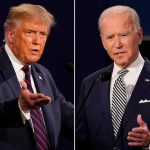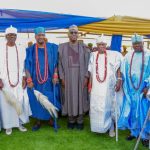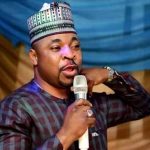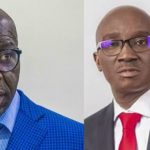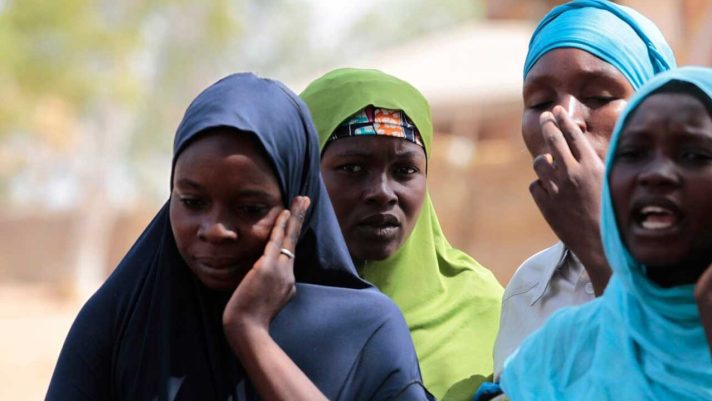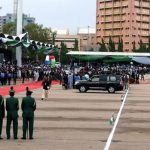Calls for aid increased on Friday for thousands of people displaced by violence that erupted two weeks ago in central Nigeria’s Plateau State, killing at least 170 according to a local official.
Police gave a lower death toll of 87 and said the situation was calm, in response to reports that tensions remained high after the initial attack on May 15.
The crisis is just one of the many security challenges facing President-elect Bola Tinubu who takes the helm of Africa’s most populous nation on Monday.
It remains unclear what triggered the attacks in Plateau’s Mangu district, but tit-for-tat killings between herders and farmers often spiral into village raids by heavily armed gangs.
The National Emergency Management Agency said last week that more than 3,600 people were displaced, over 720 houses partially or completely destroyed and at least 216 people had been injured.
On Friday, the Nigerian Red Cross said that at least 1,000 households have fled from their villages.
Yohanna Danladi, local Red Cross representative in Plateau State, said that some areas “have not received any support from the government so far, they are just helped by relatives.”
After a visit to the area, the UN chief in Nigeria Matthias Schmale said that “affected people and especially women and children are both traumatised and have immediate humanitarian needs such as food, water and dignity/sanitation kits.”
“While hoping the violence will now end quickly, I urge the concerned authorities to move swiftly to address immediate needs,” Schmale told AFP in an email.
Since the initial attack, “almost every day, we still record dead bodies,” Mangu district chairman Daput Minister Daniel told AFP.
“I cannot give you specific numbers because they increase on daily basis,” he said, adding that as of Thursday “the number was above 170”.
Speaking to AFP on Friday, police spokesman Alfred Alabo could not confirm that death toll.
‘We suddenly heard gunshots’
Peter Lagai and Lydia John Hirse were among those who survived and are now sheltering at a school with others.
When the attackers stormed his village of Kubat, Lagai said he ran into hiding.
“We suddenly heard gunshots… we were so worried,” he told AFP, adding that his brother Matthew was shot. “He died instantly. Some of us sustained injuries, the house was burnt down.”
Lydia John Hirse, who escaped from an attack on the village of Dumnang, said two of her sisters were killed.
“We are afraid of going back to the village. We are not sure whether the house was burnt or (if it is) still intact,” she told AFP.
“The local government is providing some food, other people are also helping.”
Some residents are urging the authorities to do more and on Thursday, around 250 people marched through Jos, the state capital, denouncing the killings.
The protesters carried placards, pleading with the authorities to arrest those behind the violence.
A civil servant who asked to remain anonymous told AFP by phone on Friday that aid so far has been insufficient.
“The government is not serious, they have not released any money or provided security for us to go and do our work,” he said. AFP could not immediately verify his claim.
“I am sorry to say this but they are not giving any attention (to the area), I don’t know if it’s because of the change of government,” he said, in reference to Tinubu’s swearing-in as president on Monday.
After a brief lull during the elections, violence has been on the rise across Nigeria in the last few weeks.
Source: The Guardian

